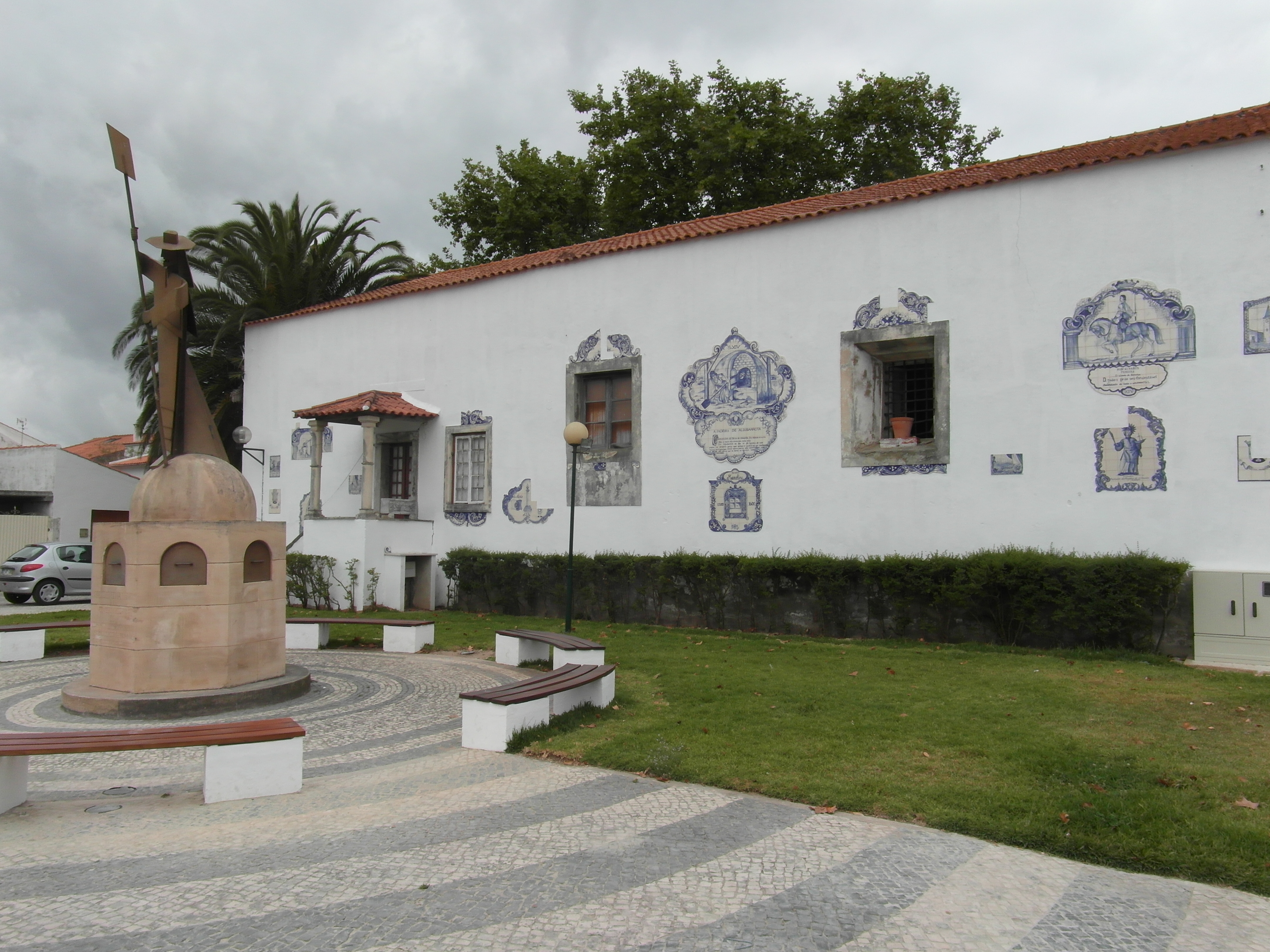Brites De Almeida on:
[Wikipedia]
[Google]
[Amazon]
Brites de Almeida, known as the Baker of Aljubarrota ( pt, Padeira de Aljubarrota ), is a legendary figure and 

Portuguese
Portuguese may refer to:
* anything of, from, or related to the country and nation of Portugal
** Portuguese cuisine, traditional foods
** Portuguese language, a Romance language
*** Portuguese dialects, variants of the Portuguese language
** Portu ...
heroine whose name is associated with the victory of the Portuguese, against Castilian forces, at the Battle of Aljubarrota
The Battle of Aljubarrota (; see Aljubarrota) was fought between the Kingdom of Portugal and the Crown of Castile on 14 August 1385. Forces commanded by King John I of Portugal and his general Nuno Álvares Pereira, with the support of Engli ...
in 1385. The battle resulted in a decisive victory for the Portuguese, putting an end to Castilian ambitions to take over the Portuguese throne.


The legend
Brites de Almeida is said to have been born in Faro,Algarve
The Algarve (, , ; from ) is the southernmost NUTS II region of continental Portugal. It has an area of with 467,495 permanent inhabitants and incorporates 16 municipalities ( ''concelhos'' or ''municípios'' in Portuguese).
The region has it ...
, in 1350, to poor parents. According to the legend she had six fingers on each hand. After both of her parents died, she sold her few possessions and began to travel. There are many stories about her life after she left home in her twenties. One says that she became a muleteer
An ''arriero'', muleteer, or more informally a muleskinner ( es, arriero; pt, tropeiro; ca, traginer) is a person who transports goods using pack animals, especially mules.
Distribution and function
In South America, muleskinners transport ...
and that she killed a suitor in a fight. Another that she was on a boat attacked by Algeria
)
, image_map = Algeria (centered orthographic projection).svg
, map_caption =
, image_map2 =
, capital = Algiers
, coordinates =
, largest_city = capital
, relig ...
n pirates who sold her as a slave to the Imperial Harem in Algiers, from which she escaped. It is also said that she travelled in Portugal disguised as a man. She ended up settling in Aljubarrota, where she became a bakery owner and married a local farmer. Her bread was supposed to be the best in the country.
After their defeat in the Battle of Aljubarrota, the Castilian soldiers in flight were attacked and killed by the local inhabitants. According to the story, seven or eight of them found shelter at Brites' bakery, which was empty because she had gone out to help to kill the soldiers. On her return she found the door closed and suspected the presence of enemies. She found the men hiding in her baker's oven and killed them with a shovel. She then cooked them in the oven along with the bread.
Although it is undeniable that the story was a legend, Brites de Almeida came to be celebrated by the Portuguese in their songs and traditional stories and her deeds have remained as a symbol of Portugal's independence. She was commemorated in a 1927 Portuguese postage stamp.
References
{{stack, {{Portal, Portugal Portuguese folklore Medieval legends Portuguese legends People with polydactyly Legendary Portuguese people National symbols of Portugal Bakers